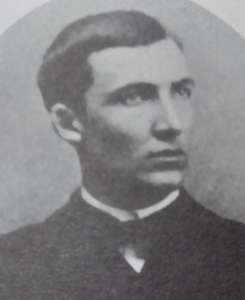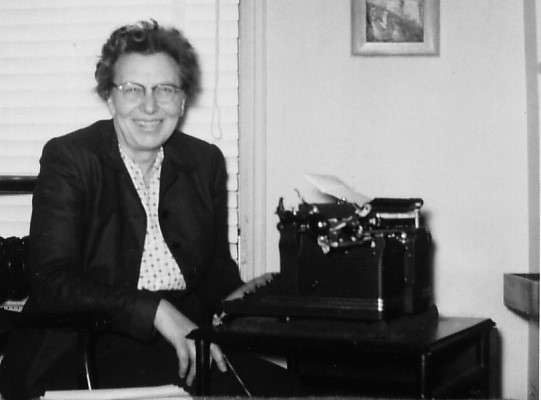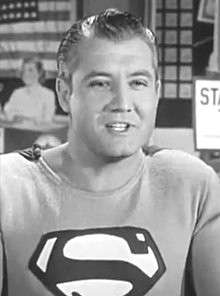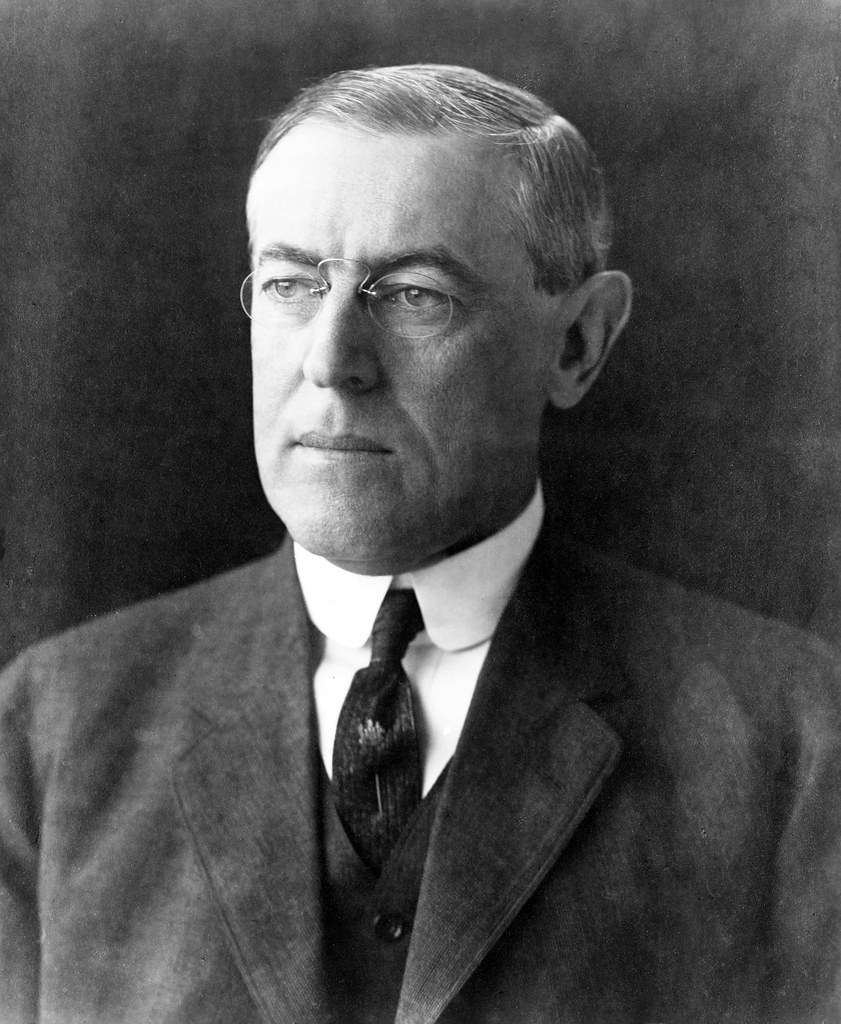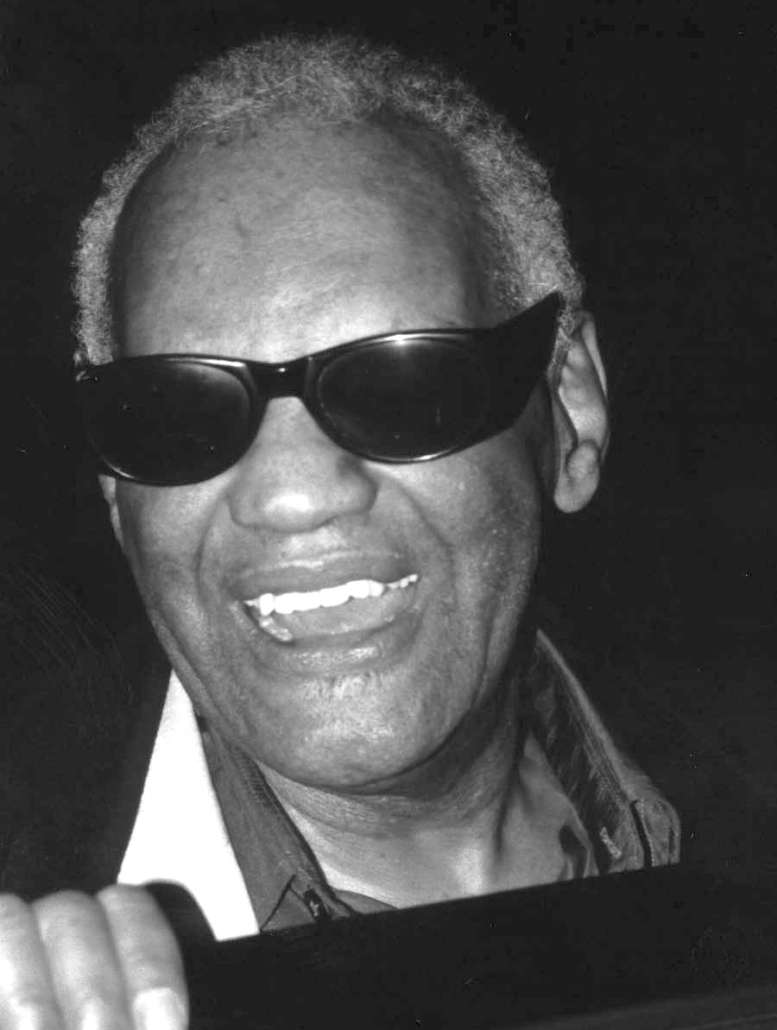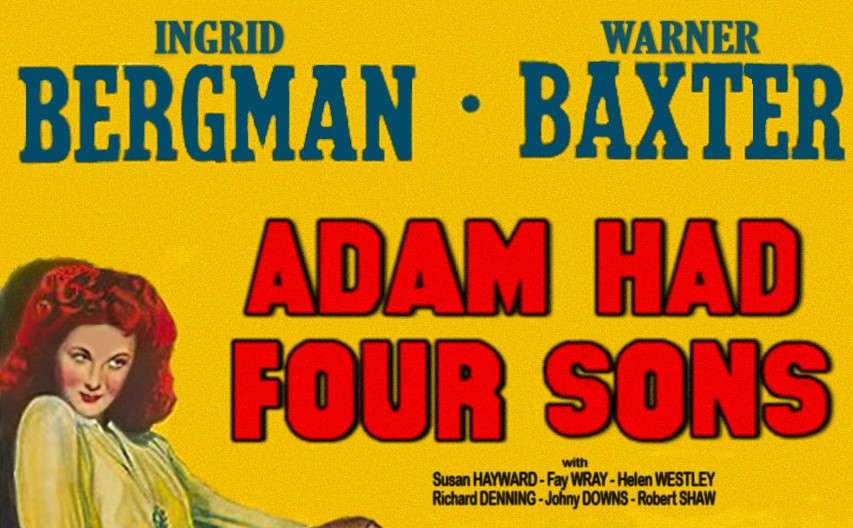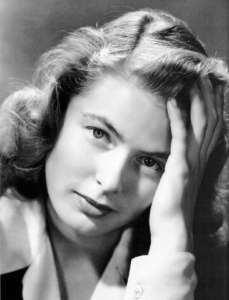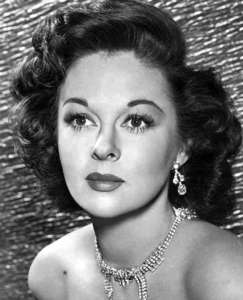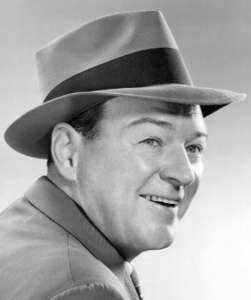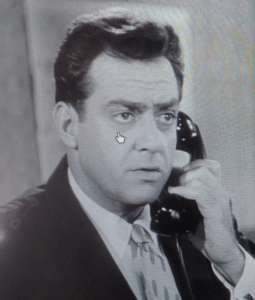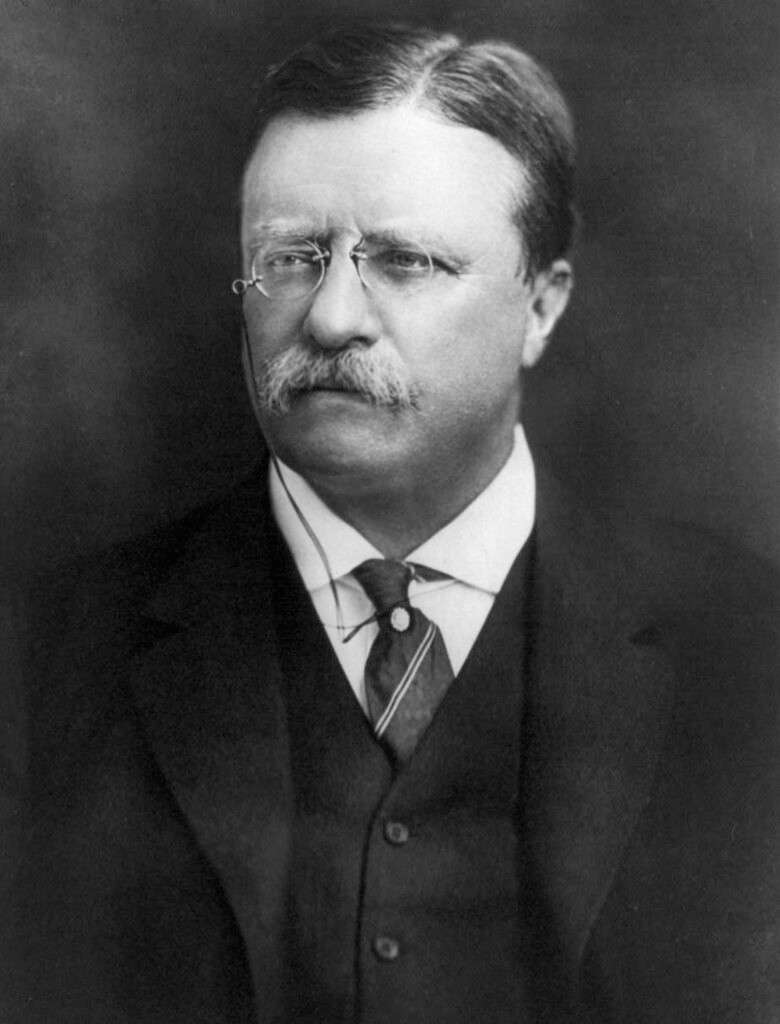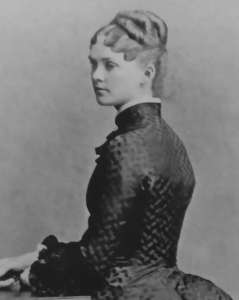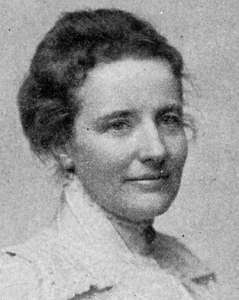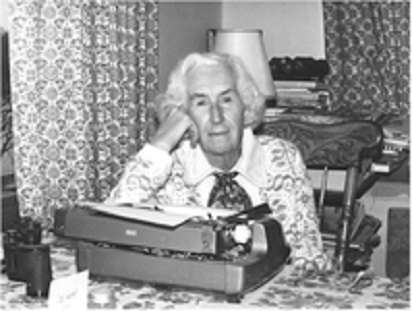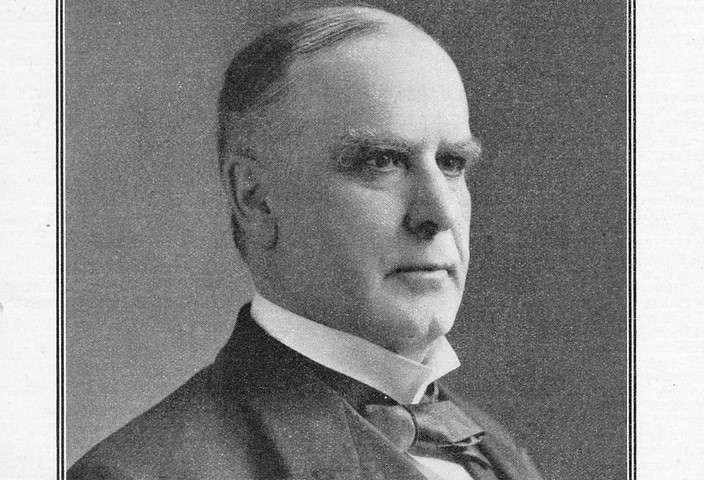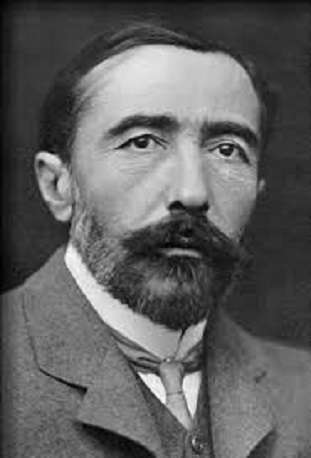REVIEW POTPOURRI: Warren G. Harding
 by Peter Cates
by Peter Cates
Warren G. Harding
The 29th former President Warren Gamaliel Harding (1865-1923) was born November 2, 1865, in Blooming Grove, Ohio, the son and oldest of 8 children of George Tryon Harding (1843-1928) and his wife, the former Phoebe Dickerson (1843-1910).
The father was basically a jack of all trades, including farmer, teacher, businessman, veterinarian and doctor who did receive a medical degree. He was also rather lazy and opportunistic but did provide help to his son from time to time while the two had a very close relationship.
A key experience in Harding’s childhood – when he was six years old, his father became part owner of a small town newspaper and little Warren worked as an errand boy for the printer and became quite fascinated with the sights, sounds and smells of the inner workings of a newspaper.
During later years, Harding would share fond memories of growing up on the farm and of rural life but he detested doing chores, much preferring socializing with his friends in town. And his ability to win friends and influence people manifested itself early.
Meanwhile Harding’s mother thought her son would make a good preacher, even though his grades were average, and got him admitted to Ohio Central College . He took to college life socially, did intermittent debating, played althorn in the school band and edited the yearbook but had no interest in preaching; he even admitted he didn’t know what he wanted to take up as an occupation.
After graduating from college in 1882 at the age of 17, Harding taught briefly, studied law and sold insurance ; nothing clicked there.
Meanwhile the family had moved from Blooming Grove to Marion where Dr. Harding was cultivating greater Ohioan opportunities for his medical practice. The son moved in with them, loved the social life of Marion as well and became a reputable manager of finances for the local baseball team and marching band.
At 18 in 1884, Harding and two friends bought a struggling newspaper in Marion, the Star, for $300 and the mortgage on it. It floundered for a few years but managed to survive and Harding bought out the two friends.
The Star was at first politically neutral but eventually became a mouthpiece for Republican ideals, especially since the businessmen around Marion who bought ads were card carrying Republicans.
In 1891, Harding, at 26, married 31-year-old Florence Kling De Wolfe, a rich widow with a young son, and she helped him on the business end of the newspaper while he wrote the editorials and won even more friends and influence in town , particularly in calling Marion the finest small city in the state to raise a family.
In 1898, Harding won a seat in the Ohio State Senate and quickly became the most popular politician at the State House. Like all good politicians, he remembered everyone’s name, was a great poker player and could charm squabbling members of the Ohio Republican party into reconciliation with each other.
Due to a certain laziness, Harding was lacking in political expertise but soon made the acquaintance of Harry M. Daugherty, a shrewd lobbyist and political fixer who never won an election himself but could guide others to victory.
When Daugherty first saw Harding, he immediately sensed future presidential potential. Their immediately begun friendship got Harding elected as Lieutenant Governor in 1902.
But by 1904, the Ohio Republicans were engaged in unholy internal warfare and Harding refused to run again as he wished to distance himself from these divisions.
Another reason – the Democrats were dominating state politics, an occurrence usually as rare as hen’s teeth.
After losing campaigns for governor in 1910 and 1912 , Harding won election to Congress as Senator in 1914.
His Senate career in terms of achievement was not that good but he continued to exude phenomenal charm; Harding loved people and they loved him in return.
Warren G. Harding and vice-presidential candidate Calvin Coolidge won the White House by seven million votes over the Democrat ticket of fellow Ohioan James M. Cox, who had served two terms as governor, and his vice presidential running mate, former assistant Secretary of the Navy, Franklin Delano Roosevelt. Harding and Coolidge campaigned on an isolationist back to normalcy platform while Cox and Roosevelt were supporting progressivism, social reforms and entry into the League of Nations, a forerunner of the United Nations. The voters were tired of anything international after World War I and wanted the normalcy and enjoyment of private life.
Volumes have been written about the scandals and corruption of Harding’s two-year presidency and his sudden death in a San Francisco hotel on August 2, 1923, at the age of 57, so, for reasons of space, I move on to a note of sympathy that his widow wrote to President and Mrs. Coolidge when their son Calvin Jr. died from blood poisoning at the age of 15, not long before she died at 64 from a kidney ailment: “No matter how many loving hands may be stretched out to help us, some paths we tread alone.”



